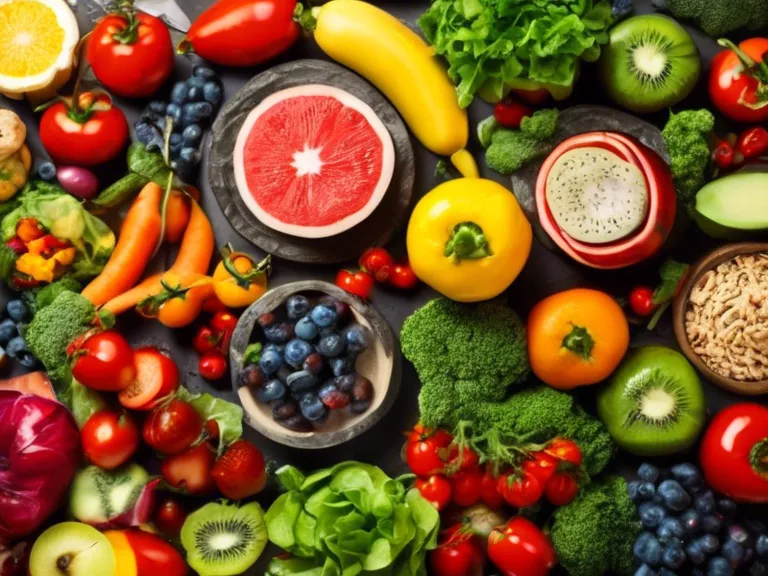
Maintaining a sustainable and healthy diet is essential for overall well-being. By incorporating best practices into your eating habits, you can not only improve your own health but also contribute to a more sustainable food system. Here are some key tips for creating a sustainable and healthy diet:
Eat a variety of foods: Consuming a diverse range of fruits, vegetables, whole grains, and lean proteins ensures that you are getting all the essential nutrients your body needs. Different foods offer different nutrients, so mixing it up is key to a balanced diet.
Choose organic and locally sourced foods: Organic foods are grown without synthetic pesticides or fertilizers, making them healthier for both you and the environment. Locally sourced foods have a lower carbon footprint since they don't have to travel long distances to reach your plate.
Limit processed foods: Processed foods are often high in unhealthy fats, sugars, and additives. Opt for whole foods whenever possible to ensure you are getting the most nutritional value out of your meals.
Incorporate plant-based meals: Plant-based diets have been shown to have numerous health benefits and are also more sustainable than animal-based diets. Try incorporating meatless meals into your weekly rotation to reduce your carbon footprint and improve your health.
Practice mindful eating: Pay attention to your body's hunger and fullness cues, and try to eat in a calm environment without distractions. This can help prevent overeating and promote healthier food choices.
By following these best practices for creating a sustainable and healthy diet, you can take control of your health and contribute to a more sustainable food system for future generations.



